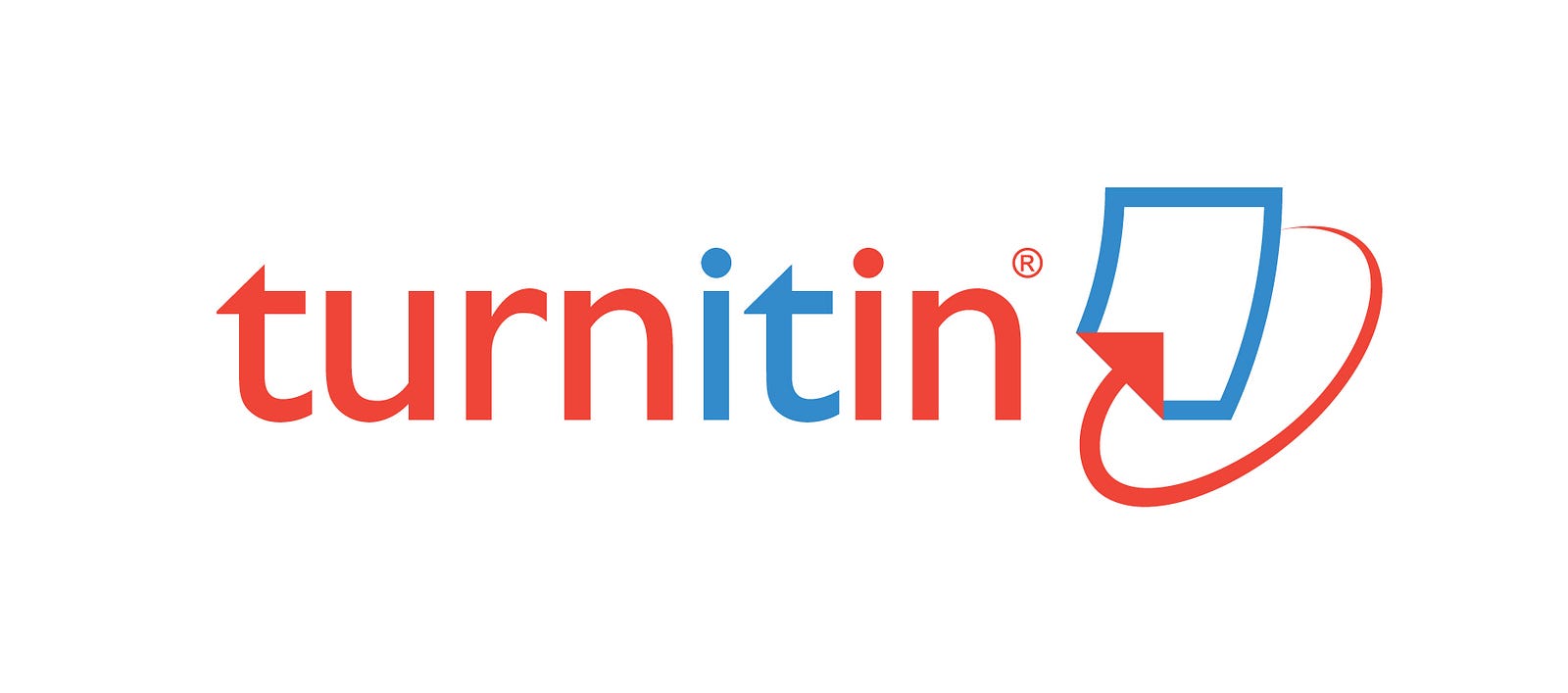ANALISIS PROSES PEMBELAJARAN DARING (E-LEARNING) DI MASA PANDEMI COVID 19 DALAM MATA PELAJARAN HUMAS DAN KEPROTOKOLAN (Studi Kasus Di SMK Negeri 1 Sragen)
Abstract
This study is a qualitative research using a case study approach. Data from this study are information consisting of Public Relations and Protocol Teachers, Class XI OTKP Students, and the Head Master of SMK Negeri 1 Sragen and documents related to the online learning process. The sampling technique is carried out by using purposive and snowball sampling techniques. From the data, researcher conducted an analysis then tested the validity of the data using source triangulation. The results showed that: (1) The online learning process at SMK Negeri 1 Sragen can be said to be ineffective . (2) Common obstacles experienced in online learning are a) limited internet quotas, b) unstable signals, c) students have difficulty understanding the subject matter, especially in vocational subjects. Some students find it difficult to concentrate on learning at home. (3) A solution to obstacles a) in the form of wasteful internet quotas for schools and the government to provide learning quota assistance ,b) In an unstable signal strength, this can be resolved by using a provider that has the best signal strength or looking for a spot that has a good signal, c) To improve student achievement and poor student abilities, some students make extra efforts by always looking for information about the learning material in various print and digital media.
Keywords
Full Text:
PDFReferences
Darmawan, D. (2014). Pengembangan E-Learning Teori dan Desain. Bandung: PT Remaja Rosdakarya, 25.. Hanum, N. S. (2013). Keefetifan e-learning sebagai media pembelajaran (studi evaluasi model pembelajaran e-learning SMK Telkom Sandhy Putra Purwokerto). Jurnal Pendidikan Vokasi, 3(1). Hartanto, W. (2016). Penggunaan E-Learning Sebagai Media Pembelajaran. Jurnal Pendidikan Ekonomi Jurnal Ilmiah Ilmu Pendidikan, Ilmu Ekonomi dan Ilmu Sosial, 10(1).Almalki, S. (2016). Integrating quantitative and qualitative data in mixed methods research-challenges and benefits. Journal of Education and Learning, 5 (3), 288-296. doi:10.5539/jel.v5n3p288 Khasanah, D. R. A. U., Pramudibyanto, H., & Widuroyekti, B. (2020). Pendidikan Dalam Masa Pandemi Covid-19. Jurnal Sinestesia, 10(1), 41-48. Kusmana, A. (2017). E-learning dalam Pembelajaran. Lentera Pendidikan Jurnal Ilmu Tarbiyah dan Keguruan, 14(1), 35-51. Pane, A., & Dasopang, M. D. (2017). Belajar dan pembelajaran. Fitrah: Jurnal Kajian Ilmu-Ilmu Keislaman, 3(2), 333-352.. Rohmah, L. (2016). Konsep E-Learning Dan Aplikasinya Pada Lembaga Pendidikan Islam. An-Nur Jurnal Studi Islam, 3(2).
Refbacks
- There are currently no refbacks.









